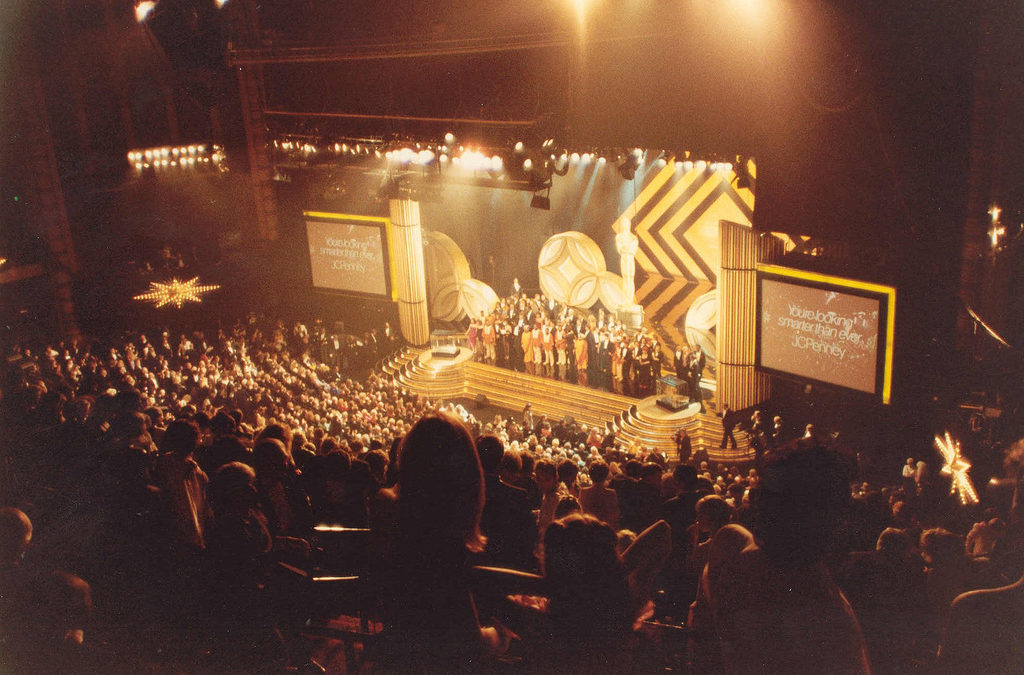
Since the very first 15 minute Academy Awards back in 1929, the ceremony has been re-branded to appeal to its more youthful target audience and can now officially be referred to as ‘The Oscars’. For those nominated, preparation for the big night begins weeks in advance, as outfits are chosen, speeches written and gracious losing faces perfected.
For the event planners, strategy meetings for the next year’s ceremony begin almost as soon as the curtain closes on the current year’s show. If the high-profile guest list and the celebrated status of the event were not enough, the evening’s entertainment is televised and the viewers, while not invited, will certainly be expecting a show.
In 2013, over 1500 VIPs featured on the exclusive guest list, all expecting the highest level of service, from their initial invitation (and if they were lucky, nomination) to the precision timing of their red carpet appearance, and each of these details was overseen by a team of events coordinators. Given the number of attendees, it is unsurprising that a staff of 1000 was needed to cover the event, including security personnel, culinary staff and ushers.
The 2013 Oscars attracted the largest number of viewers (42.4 million), since 2004’s ceremony, but the awards show itself is just the tip of the considerable iceberg that is Oscars preparation for events managers. Formally beginning with the nominees announcement and luncheon in January, and culminating in the rolling up of $25,000 worth of well-trodden red carpet, the build-up to the Oscars is a test of any party planner’s skills.
During Oscars week itself, access to the venue is restricted to all but staff and multiple offices are established to provide information to the swarms of pre-accredited members of the press, with strict instructions provided as to their authorised access on the big night. The logistics of coordinating such large numbers of people, all with varying levels of access to the event requires meticulous planning to ensure that everyone involved is fully aware of their role in the proceedings. With the right training course, your career in event management could lead you to amazing occasions, just like the Oscars.
An important factor to consider for such a high-profile event is security for those attending. In light of recent high profile gun violence, security for this year’s awards was increased, with close collaboration between the LAPD and a private security firm.
Although internally managed, the security and strategy for any potential emergency are considerations for any well-equipped event coordinator, who needs to be aware of the procedure should an incident arise.
With a total spend of 38.3 million dollars for 2012’s show, the Oscars is a big-budget affair. The LA Economic Council estimates that the awards inject 130 million dollars into the local community annually, and with such a large amount of money at stake, to be paid and to be made, the pressure is on for a flawlessly executed event.
Article by Laura Bennett